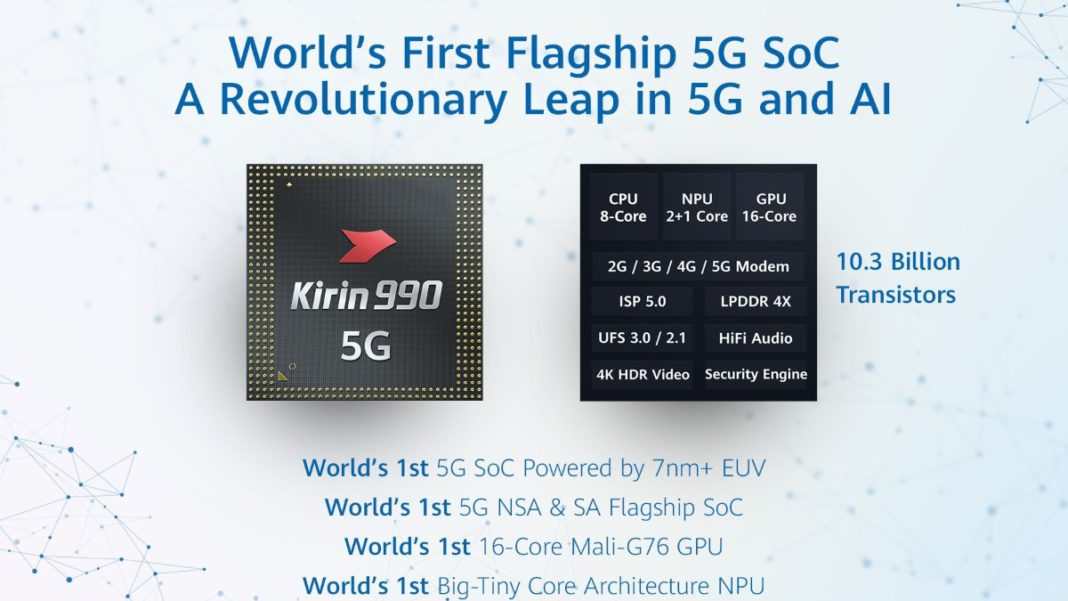UNITED STATES: In a move driven by frustration over Huawei’s ability to develop its own cutting-edge 7nm 5G chip despite facing sanctions, the United States has announced a comprehensive investigation into the Chinese tech giant’s semiconductor capabilities.
The perplexity in Washington stems from the mystery surrounding how Huawei managed to fabricate a high-performance silicon chip, even under stringent sanctions. The White House has now expressed keen interest in obtaining intricate details about Huawei’s latest flagship smartphone, the Mate 60 Pro.
National Security Adviser Jake Sullivan stated on Tuesday that the United States aims to gather intelligence on the “character and composition” of the chip powering the Mate 60 Pro. This inquiry arises from concerns that US controls on the export of advanced semiconductor technology may have been circumvented.
Although Huawei has not publicly disclosed its suppliers for the Mate 60 Pro, a recent teardown conducted by consulting firm TechInsights suggested the presence of a 7-nanometer processor, likely from Semiconductor Manufacturing International Corp. (SMIC), a partially state-owned Chinese chipmaker.
SMIC has not yet commented on this revelation. It’s noteworthy that SMIC, subject to export restrictions due to national security concerns, began producing chips at the advanced 7nm level last year for bitcoin mining. This move was surprising, given US efforts to limit China’s access to cutting-edge foreign chipmaking equipment.
Despite not yet matching the capabilities of TSMC, experts highlight that the Huawei smartphone underscores the significant progress achieved by China’s chip sector, even without access to the latest extreme ultraviolet lithography tools.
The US has actively sought to restrict the export of extreme ultraviolet (EUV) machines to China, which are essential for manufacturing chips at nodes of 7nm and below. This development may lead to further limitations on China’s access to critical manufacturing technologies.
Sullivan emphasized that the US would continue to focus on “technology restrictions focused narrowly on national security concerns” rather than pursuing “commercial decoupling.”
Following the 2019 sanctions imposed on Huawei, prohibiting access to advanced chips and technology from the US for its 5G smartphones, the company pivoted towards 4G devices and domestic markets.
Analysts now speculate that the Mate 60 Pro’s release could breathe new life into Huawei’s smartphone business, potentially leading to a 65 percent surge in overall phone shipments this year, according to Ming-Chi Kuo, an analyst at TF International Securities. This growth trajectory could position Huawei as the “world’s mobile phone brand with the most robust shipment growth momentum.”
Also Read: Google Bids Farewell to Pixel Pass; Axes All-in-One Subscription Service for Pixel Phones



